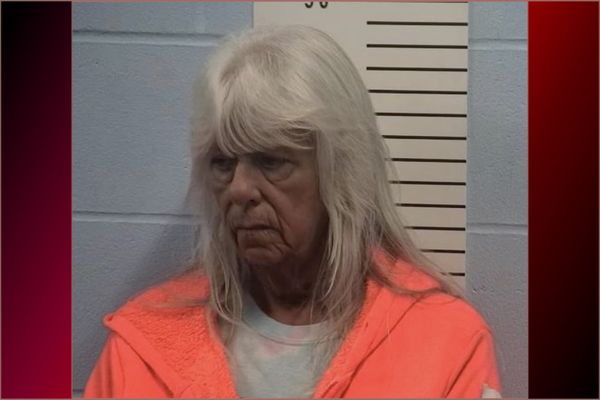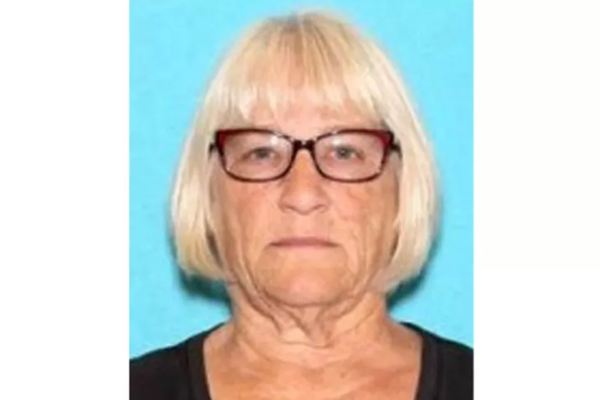
Al Pacino, whose nickname “Sonny Boy” comes from the Al Jolson song of that title, begins this fine memoir in 1943 when he is three and his mother, Rose, a pretty, sensitive factory worker, starts smuggling him into the local picture house. Together they drink in the stories unspooling from the silver screen, doubly delicious since their own lives are so bleak. Rose’s impossibly handsome boy-husband has already skedaddled to another marriage and Rose has taken little Alfredo back to the South Bronx to live with her parents. Sonny delights in the role of provider and protector, buying his mother Kotex from the drugstore and shouting at the construction workers who dare to leer.
Pacino’s account of New York’s postwar mean streets is startlingly cinematic. He introduces us to his gang of little toughs, kids called Cliffy, Bruce and Petey who bunk off school to play in the derelict allotments or fish in open sewers for anything shiny that they can sell for a dime. They can’t afford to join the Scouts so they beat up the kids who can – the lucky ones with two sober parents and a dad who has a job. It is, says Pacino, only thanks to Rose’s care and attention that he doesn’t end up the same way as his friends, all dead by 30 from being “on the needle”. With her encouragement and his own penchant for declaiming Ray Milland’s speeches from The Lost Weekend around their tenement apartment, Sonny gets a place at New York’s High School of Performing Arts.
He is both a fish out of water and an absolute star. When, after a particularly good performance, someone says “Hey kid, you’re the next Marlon Brando,” he doesn’t know who they are talking about. So, it matters less than you might think when he quits after a year because Rose needs him to start work to pay for the electro-shock treatments and barbiturates she needs for her unravelling mental health. All Sonny’s spare time is now spent in public libraries devouring Chekhov, Hemingway and Odets and feeling as if he has known their worlds for ever. He realises that Rose, “fragile and uncontrollable”, could have stepped straight out of Tennessee Williams. Like Williams, she eventually died of an accidental overdose. It was 1962 and Sonny was just 22.
It gets better, it gets worse. Sonny rooms with Martin Sheen, another juvenile who clearly has the hand of God upon him. He learns his trade on off-off-off Broadway, sometimes earning a favourable mention, but just as often a stinker along the lines of “avoid Al Pacino…he’s the one thing that drags this play down”. What the reader is waiting for, of course, is the moment in 1972 when Francis Ford Coppola plucks him out of the ranks to co-star in The Godfather. The studio had wanted Jack Nicholson but when Pacino learns that his grandfather, Rose’s father, was born in a Sicilian town called Corleone, the whole thing begins to feel like fate.
You could say the rest is history although, in truth, it is hard to say exactly what that history is. Pacino spends more time on the films that didn’t work than the ones that did. While he doesn’t regret turning down the role of Han Solo in Star Wars, he also wonders why he fought so hard to make turkeys like Bobby Deerfield and Hugh Hudson’s Revolution, both of which dented his career.
But, then, career has never mattered much to him, nor has money: at one point he loses $50m without understanding how. Then there’s the alcoholism that he says saved him from the long pain of losing his mother: without the booze he would have followed her into Bellevue psychiatric hospital. AA doesn’t work because he can never be anonymous but therapy, the fancy kind where you go five times a week for decades, does the trick.
It may also explain his surprisingly good choice of romantic partners. A near-marriage with Jill Clayburgh is followed by long affairs with Diane Keaton and Tuesday Weld. And then in 2023 Pacino becomes a father for the fourth time with producer Noor Alfallah. Little Roman Pacino is still in diapers, but his 84-year-old dad is already imagining the day when he will try to explain what it was like to grow up in the Bronx in the 1940s. It will, he reckons, sound as preposterous as the London of Oliver Twist.
• Sonny Boy: A Memoir by Al Pacino is published by Century (£25). To support the Guardian and Observer order your copy at guardianbookshop.com. Delivery charges may apply.







